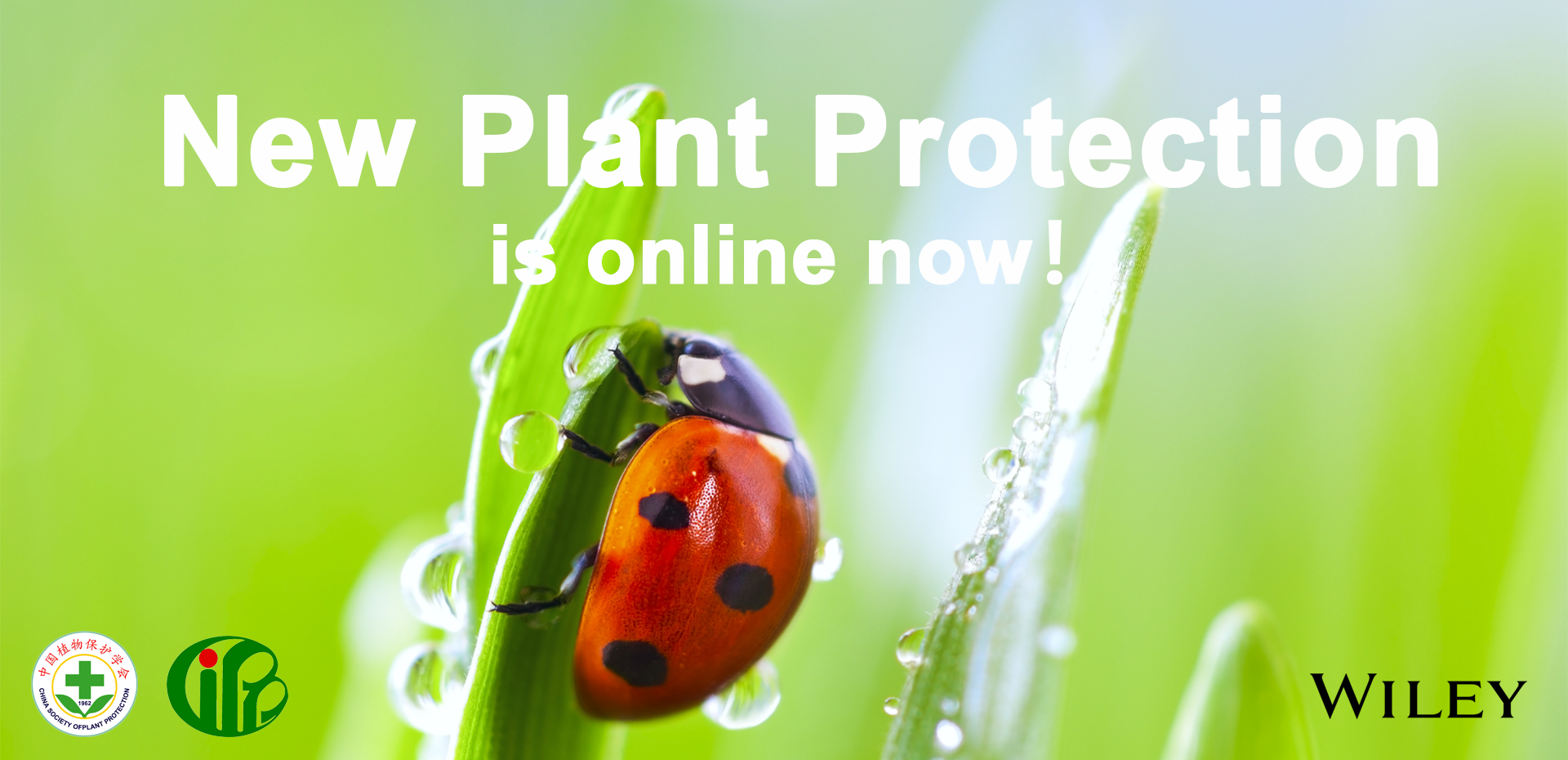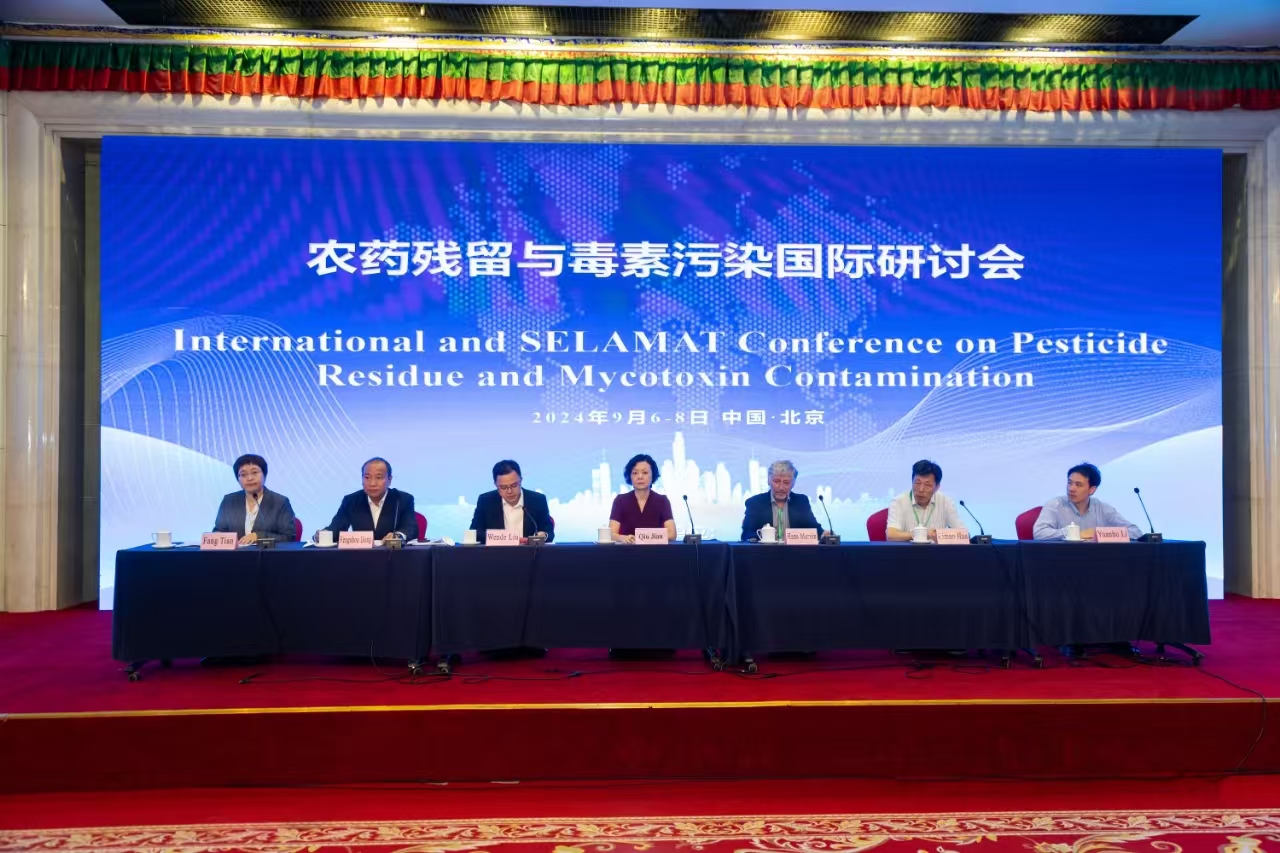Achievements in integrated control of soil pests in China were highly affirmed by experts from United Nation Environmental Programme
On March 10-13, 2019, the UNEP Methyl Bromide Technical Options Committee (MBTOC) meeting was successfully held in Qingdao, Shandong Province. The meeting was jointly hosted by MBTOC and IPP-CAAS. Ms. Marta Pizano is the chairman of the conference organizing committee TEAP and the Mr. Ian Porter is the chairman of MBTOC. Prof. CAO Aocheng from IPP-CAAS co-organized the meeting. A total of 12 MBTOC members attended the meeting. Among them, eleven foreign guests are from universities, research institutes, companies or independent consulting agencies in Germany, Spain, Australia, New Zealand, Japan, Colombia, Morocco, Argentina, South Africa, Kenya, and the Philippines.
This meeting was mainly to conduct an assessment of alternative technologies for methyl bromide and strengthen international cooperation and exchanges. The main contents of the meeting are: 1) to evaluate the application of essential-use exemptions in developed and developing countries; 2) to examine the status of methyl bromide alter technology in China, to visit the effectiveness of methyl bromide phasing out in Anqiu City, Shandong Province and the site of soil fumigation; 3) to write a report on alternative technologies for methyl bromide. On March 12, 2019, GE Xiaodong, Deputy Secretary-General of Weifang Municipal Government, ZHAO Xiangyong, Deputy Mayor of Anqiu Municipal Government, HAO Weiping, Deputy Director General of the International Cooperation Department of CAAS, and Prof. CAO Aocheng the chief project expert, together with the MBTOC members, visited the research and training base in Anqiu and the ginger greenhouse located in Shijiazhuang Village, Anqiu City. The purpose was to inspect the results of methyl bromide phasing out in China. Prof. CAO Aocheng gave a detailed introduction to the application status of methyl bromide phasing out in China, the research and development of soil disinfestation machinery and the socialized service system of soil fumigation.
Through on-the-spot investigations, China's implementation of the Montreal Protocol's effectiveness and the development of soil disinfestation technologies, the standardization and specialization of Anqiu soil disinfestation operations, as well as the effectiveness of methyl bromide phasing out work, was highly recognized. China has completely phased out methyl bromide in the agricultural industry and successfully completed the Montreal Protocol's compliance targets. On behalf of the entire committee, Chairman Ian Porter pointed out that China's alternatives to methyl bromide soil fumigation technology has achieved remarkable results, and successfully completed the implementation of the Montreal Protocol on Substancesthat Deplete the Ozone Layer, making a significant contribution to the protection of the ozone layer. It has become a model of environmental protection.
The successful convening of this conference will help promote TEAP's publication of essential-use exemption evaluation and progress reports, helping international experts understand China's implementation of the Montreal Protocol's effectiveness, and promote alternative technology development and successful experience in China.
-
 China-Laos Training Workshop on Integrated Management of Destructive Crop Pests and Diseases Successfully held in Laos
China-Laos Training Workshop on Integrated Management of Destructive Crop Pests and Diseases Successfully held in Laos -
 New Plant Protection: New challenge and new opportunity for plant protection
New Plant Protection: New challenge and new opportunity for plant protection -
 International and SELAMAT Conference on Pesticide Residue and Mycotoxin Contamination Held in Beijing
International and SELAMAT Conference on Pesticide Residue and Mycotoxin Contamination Held in Beijing -
 CAAS President Meets Chairman of ASEAN FAW Taskforce
CAAS President Meets Chairman of ASEAN FAW Taskforce
